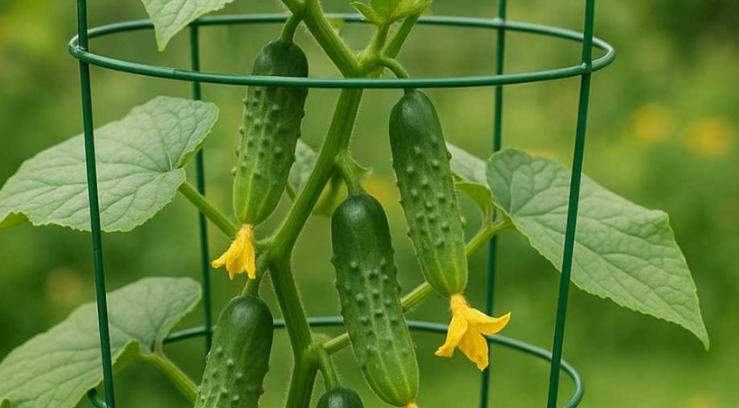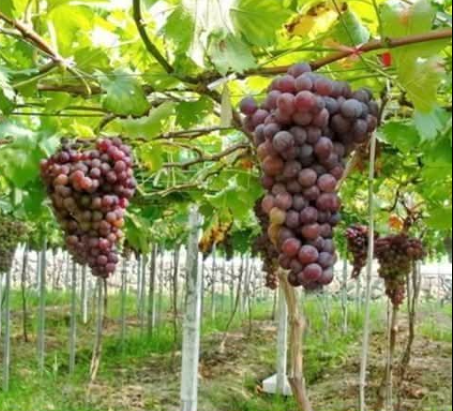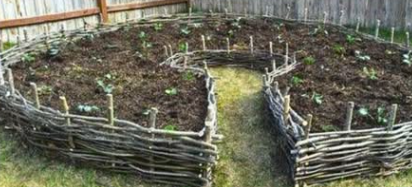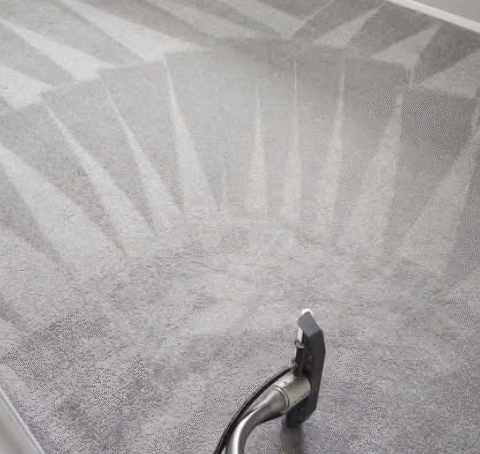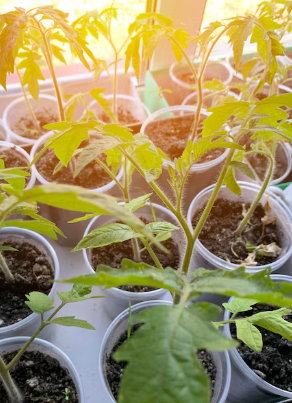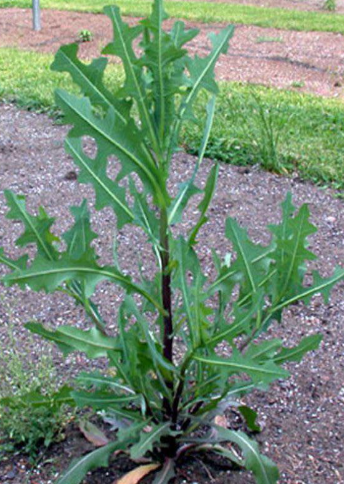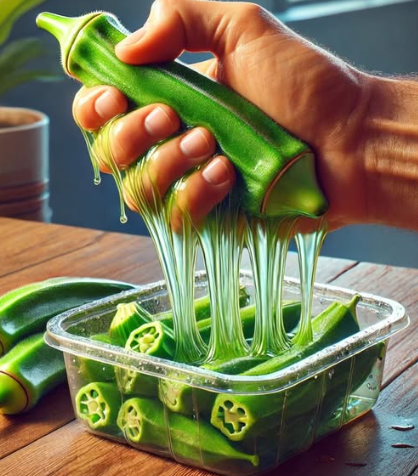The Absolute Easiest Way to Grow Cucumber Plants Vertically
🥒 Why Vertical Gardening Works Wonders
Vertical gardening is a game-changer for gardeners with limited space or those wanting to improve their cucumber yields. This method promotes better airflow, cleaner fruit, easier harvesting, and fewer pests and diseases. Vining cucumber varieties, such as Marketmore 76 and Burpless 26, thrive on vertical supports, naturally climbing and producing straight, healthy cucumbers.
🔧 Step-by-Step: The Simplest Vertical Cucumber Trellis
1. Choose a Simple Structure
Use common and affordable materials like jute twine, bamboo stakes, or repurposed metal mesh. An A-frame trellis or even T-posts with zig-zagged string can work beautifully. Install your support before planting to prevent root damage later.
2. Ideal Height & Stability
Your trellis should be 5 to 7 feet tall to accommodate the full growth of cucumber vines. It must be sturdy to handle wind and the weight of mature fruit. Anchor your structure well into the ground.
3. Smart Planting
Plant cucumber seeds or seedlings about 12 inches apart at the base of the support. Choose vining varieties over bush types for optimal vertical success.
4. Train the Vines
As vines grow, gently guide them onto the trellis. Use soft ties if needed. Cucumbers naturally latch onto supports with tendrils. String training—winding the plant around a hanging string—is especially effective.
5. Prune and Maintain
Regularly prune yellowing leaves and unproductive side shoots to improve air circulation. Tie vines loosely and keep adjusting them as they grow. A tidy vine is a productive vine!
6. Harvest Frequently
Pick cucumbers when they are about 6–8 inches long and firm. Frequent harvesting encourages the plant to produce more fruit.
🧠 Expert Advice
Dr. Leila Nour, a horticulture specialist at GreenGrow Labs, says: “Vertical cucumber gardening not only maximizes yields in small spaces, but also significantly reduces pest and disease problems—especially powdery mildew and soil rot.”
Prof. Mark Benson of Urban Farm Institute adds: “Using simple trellis systems like T-posts with jute twine works as well as fancy structures—simplicity and consistency are key.”
📊 Nutrition & Gardening Benefits Table
| Component | Measurement | Health Benefit |
|---|---|---|
| Vitamin K | 16 mcg per 100g | Supports bone health |
| Water content | 95% | Hydration and cooling |
| Fiber | 0.5g per 100g | Digestive health |
| Vertical Gardening | Space-saving | Ideal for small urban gardens |
| Improved airflow | N/A | Reduces fungal infections |
❓ Top 10 FAQs
- Q: Can I grow cucumbers vertically in containers?
A: Yes! Just ensure your container is at least 12 inches deep and has good drainage. - Q: What’s the best trellis material?
A: Bamboo stakes, jute string, or metal mesh are great and budget-friendly. - Q: Which cucumber types are best?
A: Vining types like ‘Marketmore 76’, ‘Straight Eight’, or ‘Burpless 26’. - Q: How tall should my cucumber trellis be?
A: Aim for 5–7 feet for full vine development. - Q: When should I start training the vines?
A: Start as soon as the plant has 4–5 leaves. - Q: How often should I water cucumbers?
A: Deep water once or twice weekly, keeping soil consistently moist. - Q: Do I need to fertilize?
A: Yes, use a balanced fertilizer every 4–6 weeks. - Q: Can I use recycled materials for the trellis?
A: Absolutely! Ladders, headboards, or pipes work great if safe and stable. - Q: What pests should I watch for?
A: Cucumber beetles, aphids, and spider mites. Use neem oil or insecticidal soap. - Q: Why are my cucumbers misshapen?
A: Irregular watering or poor pollination. Maintain even moisture and plant flowers nearby.
🍽️ Related Recipes
Check out Simply Recipes – Cucumber Recipes for delicious ways to use your fresh harvest!
🌿 Final Tip
The easiest method? Use two sturdy posts, zig-zag jute twine between them like ladder rungs, plant cucumber seedlings at the base, and guide the vines upward. Minimal tools, low cost, maximum results!
Happy gardening! 🌱
